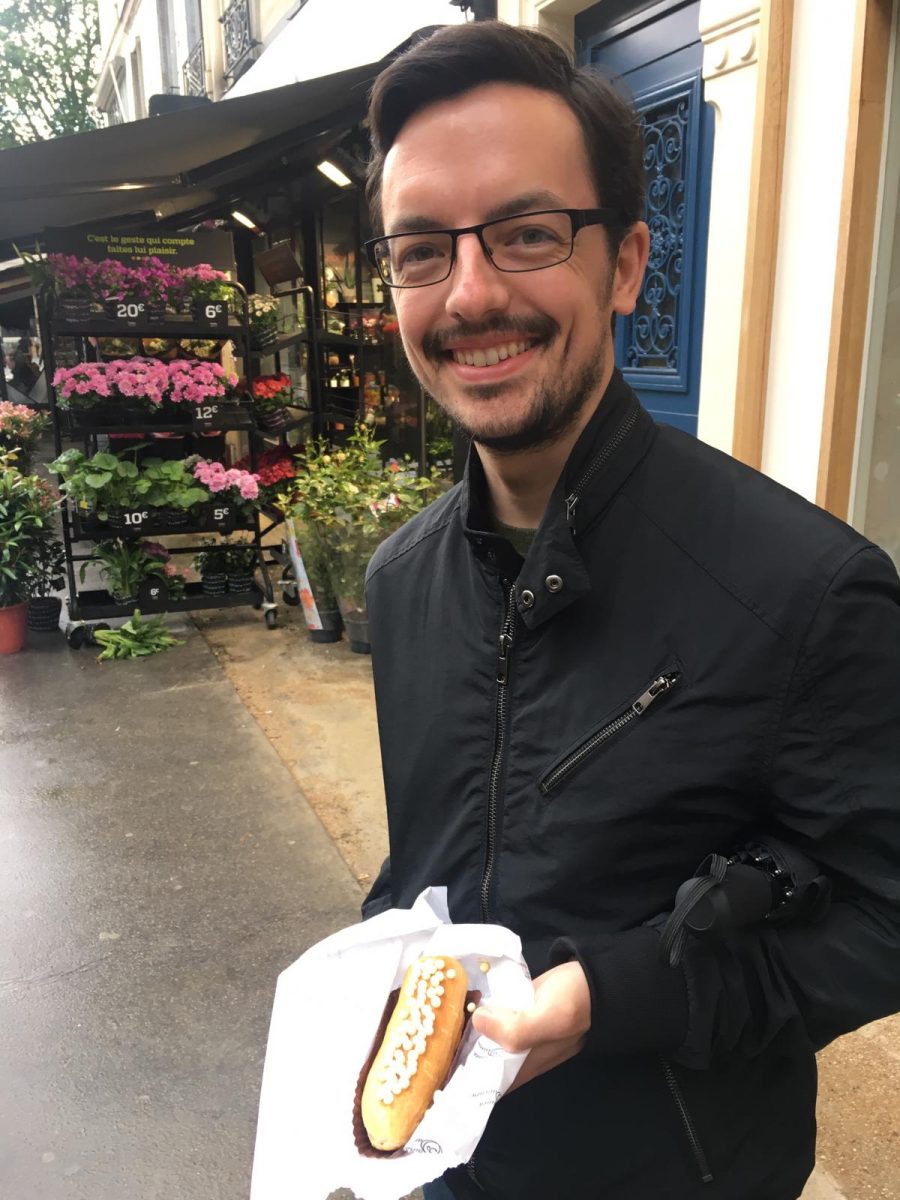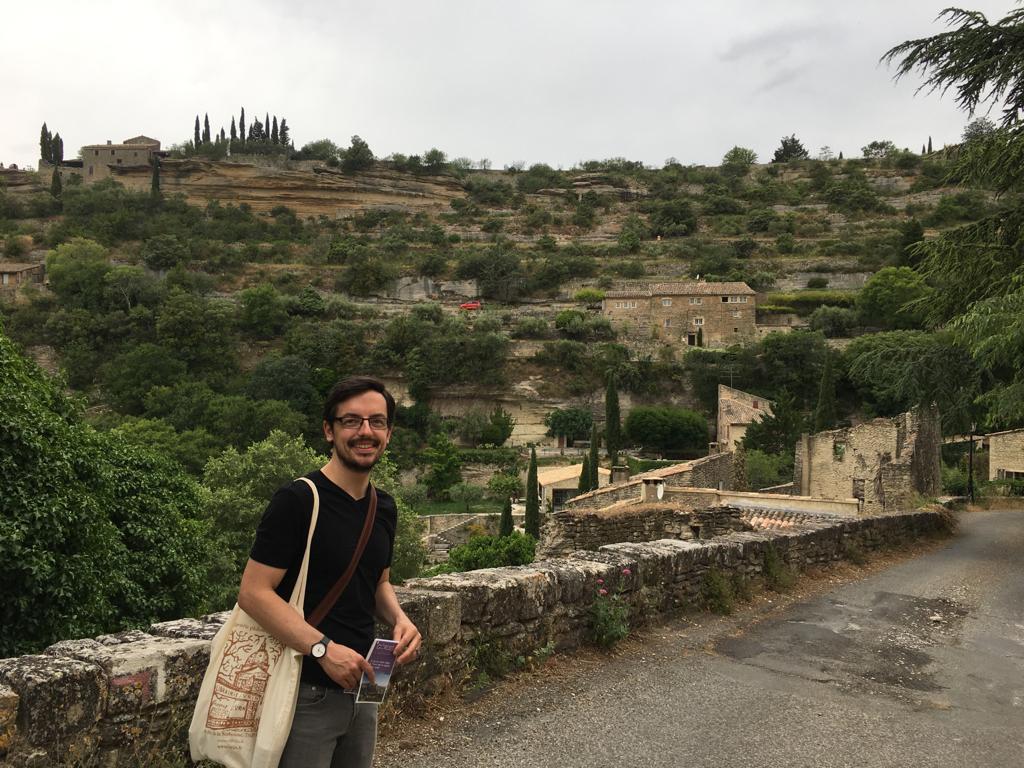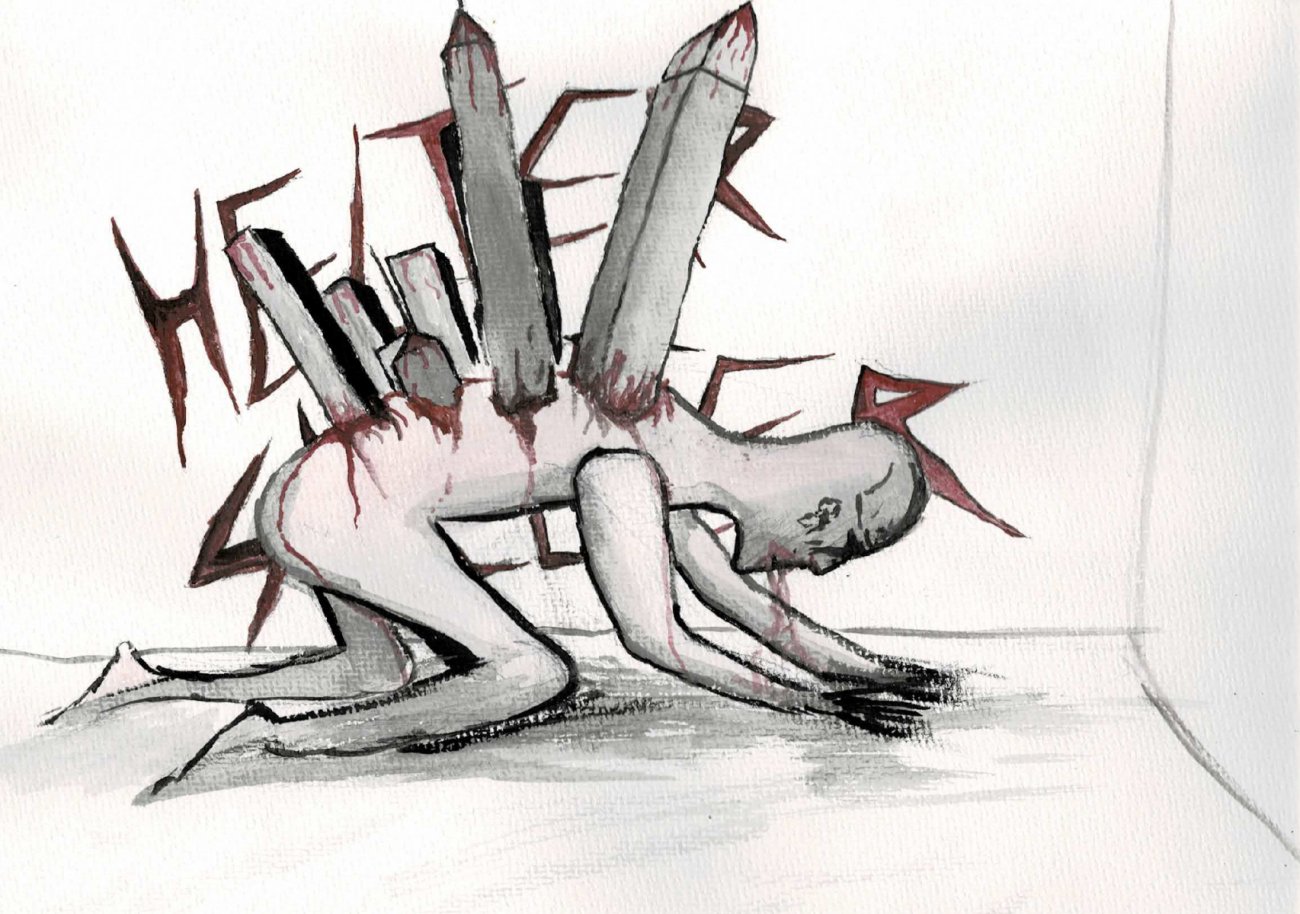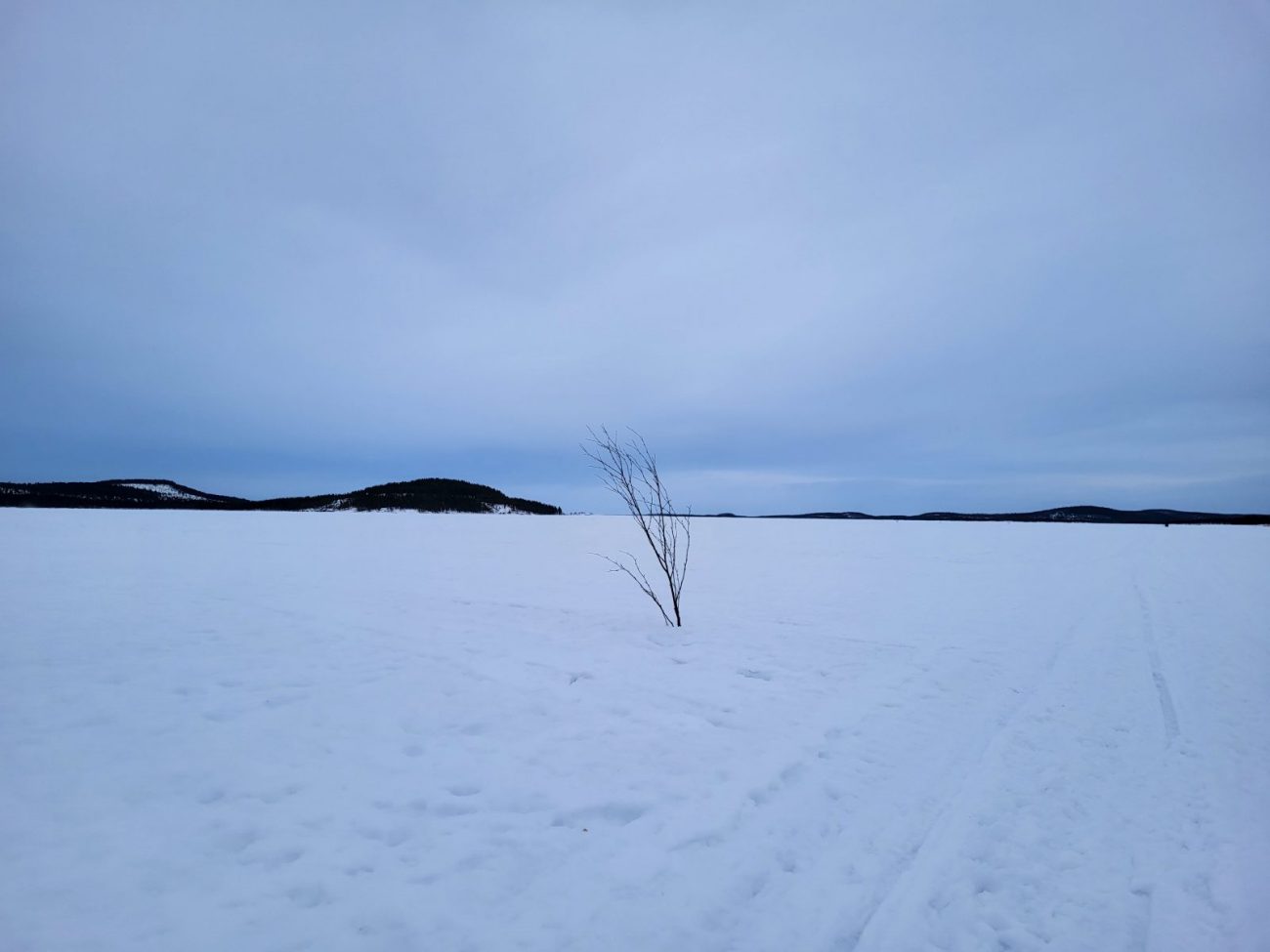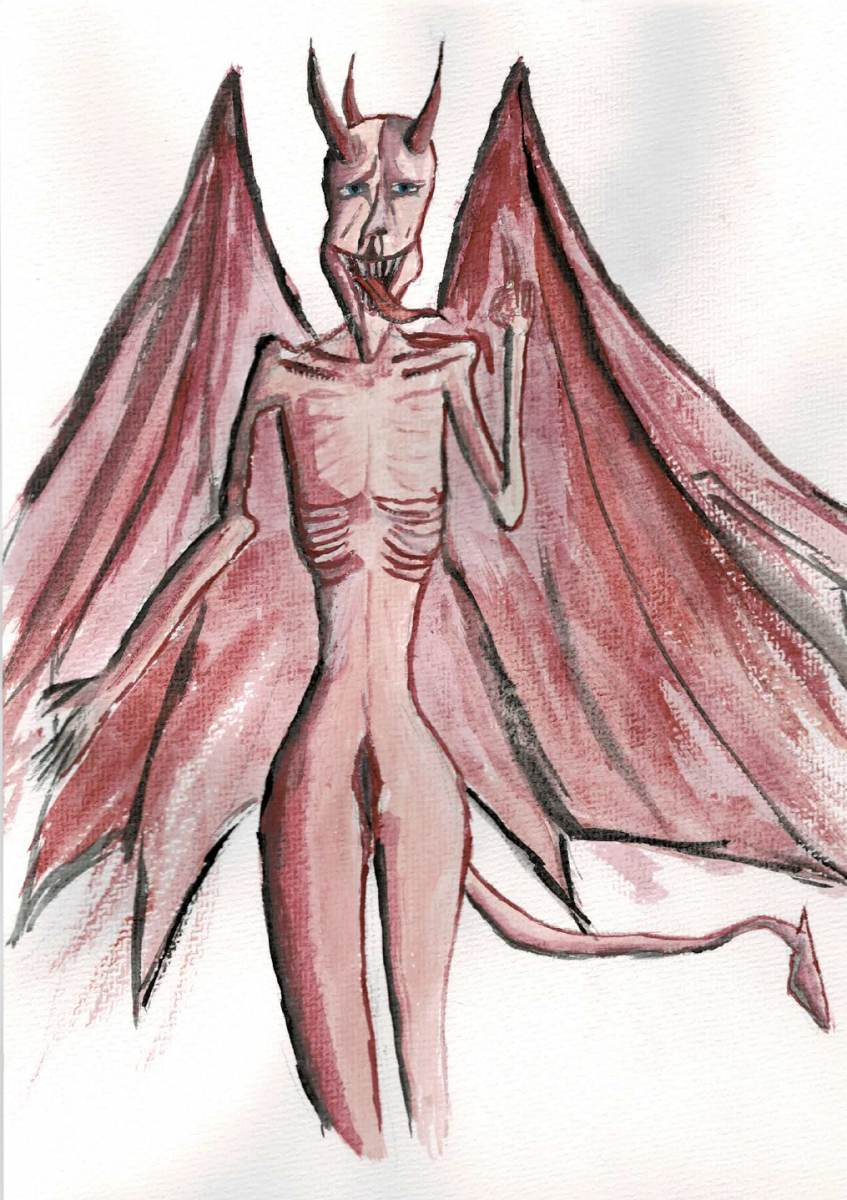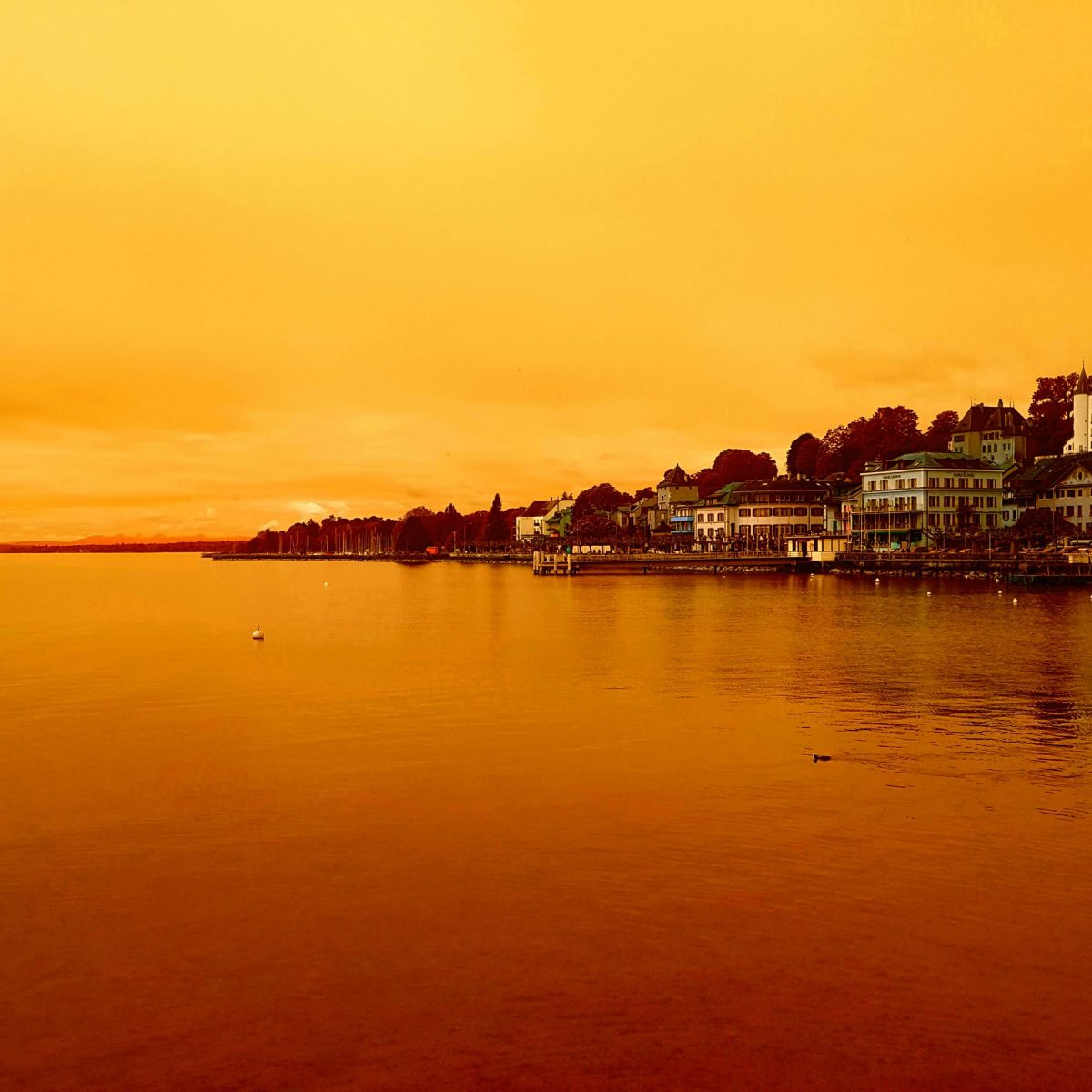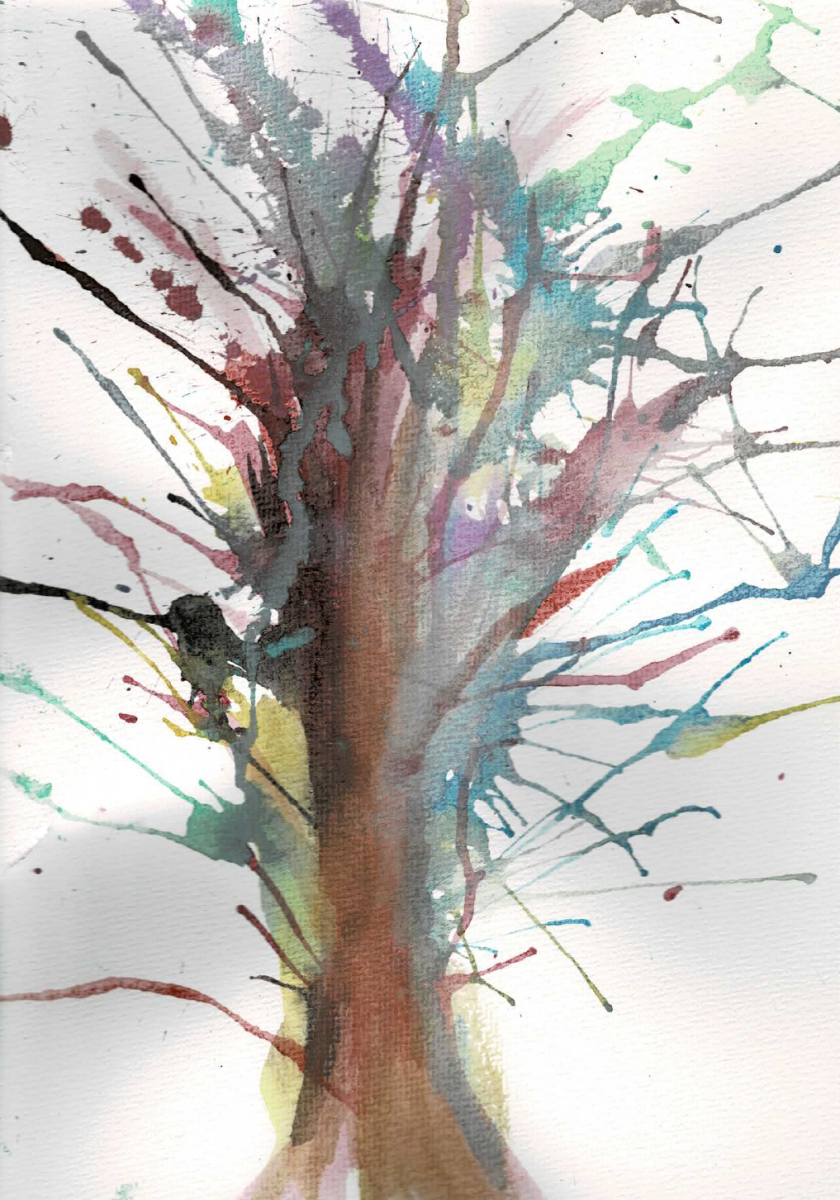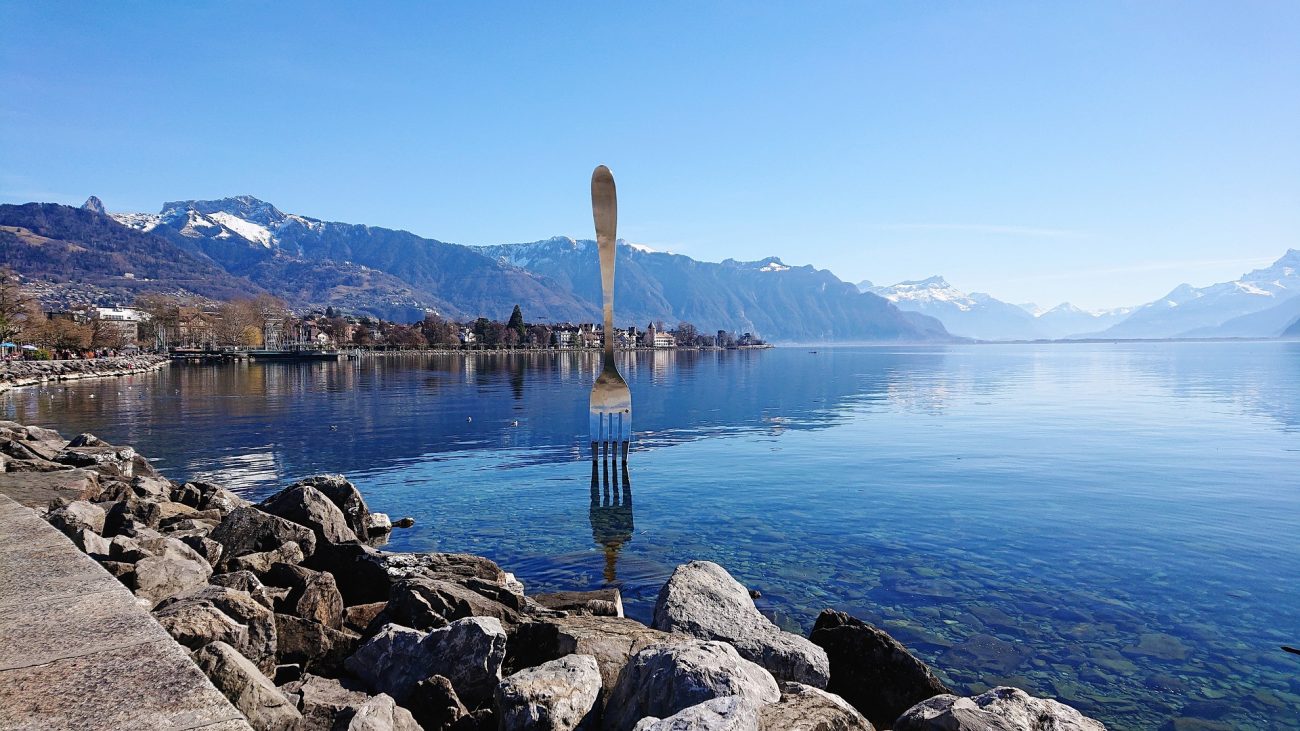Dear readers,
Have you ever read a book because it’s a classic or because everyone was telling you about it and you read it and…. you actually…. didn’t like it… at all?
That is exactly how these rather expressive Goodreads users felt after reading various well-known works of literature.
Well, dear readers, can you guess which piece of literature these users read that got them so riled up on the internet? Give it a try!
There are two difficulty levels to this game. You can either
1. read the reviews and guess based on your own knowledge of famous novels and plays
or
2. have a look at a list of titles below the reviews, that might help you narrow things down. But be careful: not every title has a corresponding review!
The reviews:
Work A:
User 1:
This is a disgrace to all pure bloods. My head looked quite dashing on that strange professor’s head.. If only I could have extended my stay. [Protagonist’s name].. This is not over yet.
User 2:
So, this is the book everyone loves?
Work B:
User 1:
The most overrated book in the history of literature. The “plot” borders between meaningless and trivial.
I was forced to read the book in 9th grade English class. This was perhaps the most tedious school assignment I’ve received to date. For several pages a lady remarks to a man about what wonderful handwriting he has. Not exactly gripping material. The entire book seemed to be about hormone-driven marriageable-age creatures trying to outwit each other in word and on the dance floor.
The book itself is bad enough, but to complicate matters, women pledge allegiance not only to the book but also to the gazillion-hour movie.
User 2:
Jesus Christ, just have sex.
User 3:
Welcome to almost any 8th grade dance. You will find most of the boys playing basketball in the gym while the girls are waiting in the cafeteria for someone with whom to dance. I was rooting for [male character] to get away. Maybe he just isn’t that into [female character]? The scenes bounce from one scene to another so quickly that it makes my head spin, and I couldn’t connect with any of the characters. [A female character] spends most of the novel sitting around complaining about [a male character] and [another male character] while doing absolutely nothing to better her situation. At least Jay Gatsby did something about his love…..
Work C:
User 1:
countenance, endeavour, benevolent, wretch, ardour, anguish, countenance, endeavour, benevolent, countenance, ardour, endeavour, benevolent, wretch, countenance, endeavour, benevolent, countenance, ardour, endeavour, benevolent, wretch, anguish, countenance, endeavour, benevolent, countenance, ardour, endeavour, benevolent, anguish, wretch, countenance, ardour, endeavour, ardour, benevolent, countenance, endeavour, benevolent, wretch, anguish, countenance, ardour, endeavour, benevolent, countenance, ardour, endeavour, anguish, benevolent, wretch, countenance, ardour, endeavour, benevolent
The End.
User 2:
If you open up any page in this horrendous book, you will have a 100% chance of [the protagonist] whining of what a miserable wretch he and/or the Daemon is, a 50% chance of [the protagonist] being in some kind of a nervous fever or fainting, and a 75% chance of an excessively detailed description of the trees, mountains, oceans, weather, and worst of all….. [the protagonist]’s thoughts. Ahem. By ‘thoughts’, I mean constant complaining and whining. He goes on and on and on about, “oh, what a miserable wretch I am. Death would be pity to me, blah blah, blah…never upon this earth had any suffered as much as I had.” His suffering literally made me laugh.
Work D:
User 1:
My theory as to this book’s unusually polarizing nature: either you identify with [the protagonist] or you don’t.
Those who see themselves (either as they were or, God help them, as they are) in [the protagonist] see a misunderstood warrior-poet, fighting the good fight against a hypocritical and unfeeling world; they see [the author] as a genius because he gets it, and he gets them.
Those of us who don’t relate to [the protagonist] see in him a self-absorbed whiner, and in [the author], a one-trick-pony who lucked into performing his trick at a time when some large fraction of America happened to be in the right collective frame of mind to perceive this boring twaddle as subversive and meaningful.
User 2:
I know there are people who thought this book changed their lives and helped them find their unique way in the world, but coming from a non-white, non-middle class background, as a kid, I really resented having to read about this spoiled, screwed up, white, rich kid who kept getting chance after chance and just kept blowing it because he was so self-absorbed and self-pitying. I felt at the time there was no redeeming value in it for me. I was born on the outside trying my best to get in. I felt no sympathy for him at all. I didn’t even find him funny. It just made me angry. I guess it still does.
Work E:
User 1:
[Title] is not a love story. [The author] was mocking those who think they can fight society and win, as well as the folly of youth. At the same time, he was mocking culture for being so backwards that these young people have to commit suicide just to be together.
[The female protagonist] is 13, [the male protagonist] is closing in on 20. At the beginning of the play, two men of [the male protagonist’s] house are talking about decapitating and raping women of [the female protagonist’s] house. And [the male protagonist] bails on some random girl he’s been having sex with, just to try and sleep with 13-year-old [female protagonist]. Still think it’s a love story?
It was [the author’s] worst play, as far as I am concerned, and the reputation it’s cultivated since its release is ridiculous.
User 2:
This is one of those classics that I do not understand why people like it. Don’t get me wrong – the language is beautiful. This is not a condemnation of [the author’s] writing ability, but rather his ability to plot out a story. The story is stupid. I don’t usually put such hurtful words into a review, but it is stupid! [The male protagonist] spends the first act mooning over another girl and then he sees [the female protagonist] and forgets all about what’s-her-face. They speak all of a handful of lines at each other (doesn’t count as speaking to each other as they spend the entire time talking about how hot the other one is), then get married and kill themselves in a period of a couple days. It is ridiculous and unromantic, yet people hold it up as a paragon of romantic love.
Work F:
User 1:
This book is pointless. Nothing happens in the entire book, the characters just talk, drink, and cheat on each other. I would rather have gotten a root canal than read this book. (It was for class.) Anyway I recommend this book to no one!!!
User 2:
He should have called it “Desperate House-Husbands.” What? This is a classic? Fuck [the author], fuck the roaring 20’s, and FUCK YOU.
User 3:
Halfway through and I don’t even care anymore. I’ll read the synopsis for the rest. If I want to read about shiftless rich people and their drunken machinations, I’ll read the Hollywood Reporter or TMZ.
Work G:
User 1:
Torturous. Just buy the fucking flowers, [protagonist]!
User 2:
This is not so much a review as a declaration of surrender. When I read in the intro that this book is comparable to James Joyce’s Ulysses I already started looking for my white flag. Really I cannot be doing with experimental stream of consciousness prose with no dialogue. I cannot even cope with the absence of quotation marks. I read [the novel] for almost an hour and could not discern any kind of plot. The lady is wandering around London observing “the excitement of elms” (wtf?), trees waving about, grazing cows etc. By the time she starts waxing lyrical about bloody sparrows chirping in Greek words I was ready to do a runner. I did find a bit of dialogue though, it goes:
“‘Oh look,’ she implored him. But what was there to look at? A few sheep. That was all.”
Oookay, I’m off!
Work H:
User 1:
[The sequel] by [the author], was continuing [the first book]. This book was truly confusing. It was just completely random, and I could barely follow along with any of the storyline. Just, I feel like [the author] was on some sort of hallucinogen and thought, “Wow! Those flowers are talking to me! I should write a book with all of the other weird things I’m seeing.” Nothing made sense, and it was just so incoherent, but it tried to be proper, but it wasn’t…. It was just a confusing book. I would recommend just watching the [film] version of [the first book], and sing along to the [redacted] song. That is all the [author] that anyone needs.
User 2:
[Book one]: I found this story completely bizarre. I didn’t really enjoy it and the repeating of words, sentences etc. was rather annoying. Everyone in the story is rude and nothing really makes any sense. Whether it was a dream, who knows?
[Sequel]: Again another bizarre story. This time it’s clear by the end of the story that it is just [the protagonist’s] dream.
I really didn’t enjoy either of these stories and has left me wondering why the stories are so popular? I think I’ll stick to the film version of these.
So, can you guess…?
Here’s a list of titles to help you narrow down the answers, if you want:
- Alice’s Adventures in Wonderland and Through the Looking-Glass by Lewis Carroll (1865)
- Clarissa by Samuel Richardson (1748)
- David Copperfield by Charles Dickens (1850)
- Emma by Jane Austen (1816)
- Frankenstein by Mary Shelley (1818)
- Hamlet by William Shakespeare (1598)
- Harry Potter and the Philosopher’s Stone by Joanne K. Rowling (1997)
- His Dark Materials: Northern Lights by Philip Pullman (1995)
- Jane Eyre by Charlotte Brontë (1847)
- Little Women by Louisa May Alcott (1868-9)
- Lolita by Vladimir Nabokov (1955)
- Lord of the Flies by William Golding (1954)
- Love’s Cure by John Fletcher (1647)
- Miss Peregrine’s Home for Peculiar Children by Ransom Riggs (2011)
- Mrs Dalloway by Virginia Woolf (1925)
- Nightmare Abbey by Thomas Love Peacock (1818)
- On the Road by Jack Kerouac (1957)
- Orlando by Virginia Woolf (1928)
- Pride and Prejudice by Jane Austen (1813)
- Romeo and Juliet by William Shakespeare (1597)
- The Absolutely True Diary of a Part-Time Indian by Sherman Alexie (2007)
- The Adventures of Huckleberry Finn by Mark Twain (1884/5)
- The Catcher in the Rye by JD Salinger (1951)
- The Grapes of Wrath by John Steinbeck (1939)
- The Great Gatsby by F Scott Fitzgerald (1925)
- The Winter’s Tale by William Shakespeare (1623)
- The Wizard of Oz by Lyman Frank Baum (1900)
- Waiting for Godot by Samuel Beckett (1948)
- West Side Story by Irving Shulman (1963)
- Wuthering Heights by Emily Brontë (1847)
Answers:
- Work A: Harry Potter and the Philosopher’s Stone
- Work B: Pride and Prejudice
- Work C: Frankenstein
- Work D: The Catcher in the Rye
- Work E: Romeo and Juliet
- Work F: The Great Gatsby
- Work G: Mrs Dalloway
- Work H: Alice’s Adventures in Wonderland and Through the Looking Glass
Reviews have been edited for clarity and length. For the original reviews, go on https://www.goodreads.com.

